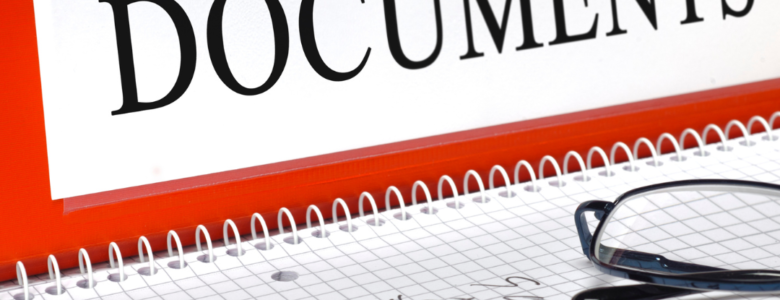Embarking on the journey of a reverse mortgage to access the equity in your home can be a transformative financial decision. Hence, to ensure a smooth application process, understanding the key documents required is paramount. In this short blog, we’ll guide you through the essential documents needed to initiate and complete a reverse mortgage application.
Proof of Age and Home Ownership:
The foundation of a reverse mortgage application begins with providing proof of age, typically through a driver’s license or passport, and evidence of homeownership, such as a property deed or recent property tax statement.
Income and Financial Statements:
Lenders typically request proof of income, including Social Security statements, pension statements, or any additional sources of income. Financial statements, such as bank statements and investment accounts, help lenders assess your financial stability.
Property Information:
Detailed information about the property, including its address, current market value, and any existing mortgages or liens, is crucial. Thus, a recent home appraisal and a clear picture of the property’s condition are often required.
Credit and Debt Information:
While credit scores don’t play a significant role in reverse mortgage approval, lenders may still assess your credit history. Additionally, details about outstanding debts and obligations provide a comprehensive financial picture.
Counseling Certificate:
Completion of a reverse mortgage counseling session is mandatory. Generally, a certificate from an approved counseling agency is a vital document that demonstrates your understanding of the implications and responsibilities associated with a reverse mortgage.
Insurance Documents:
Homeowners insurance is a prerequisite for a reverse mortgage. Providing documentation of an active insurance policy is crucial to safeguard the lender’s interest in the property.
Legal Documents:
You may need various legal documents, such as a power of attorney or living will. These documents ensure that you appropriately address all legal aspects of the reverse mortgage process.
Social Security and Medicare Cards:
To verify your identity and eligibility for the reverse mortgage program, lenders often request copies of your Social Security and Medicare cards.








